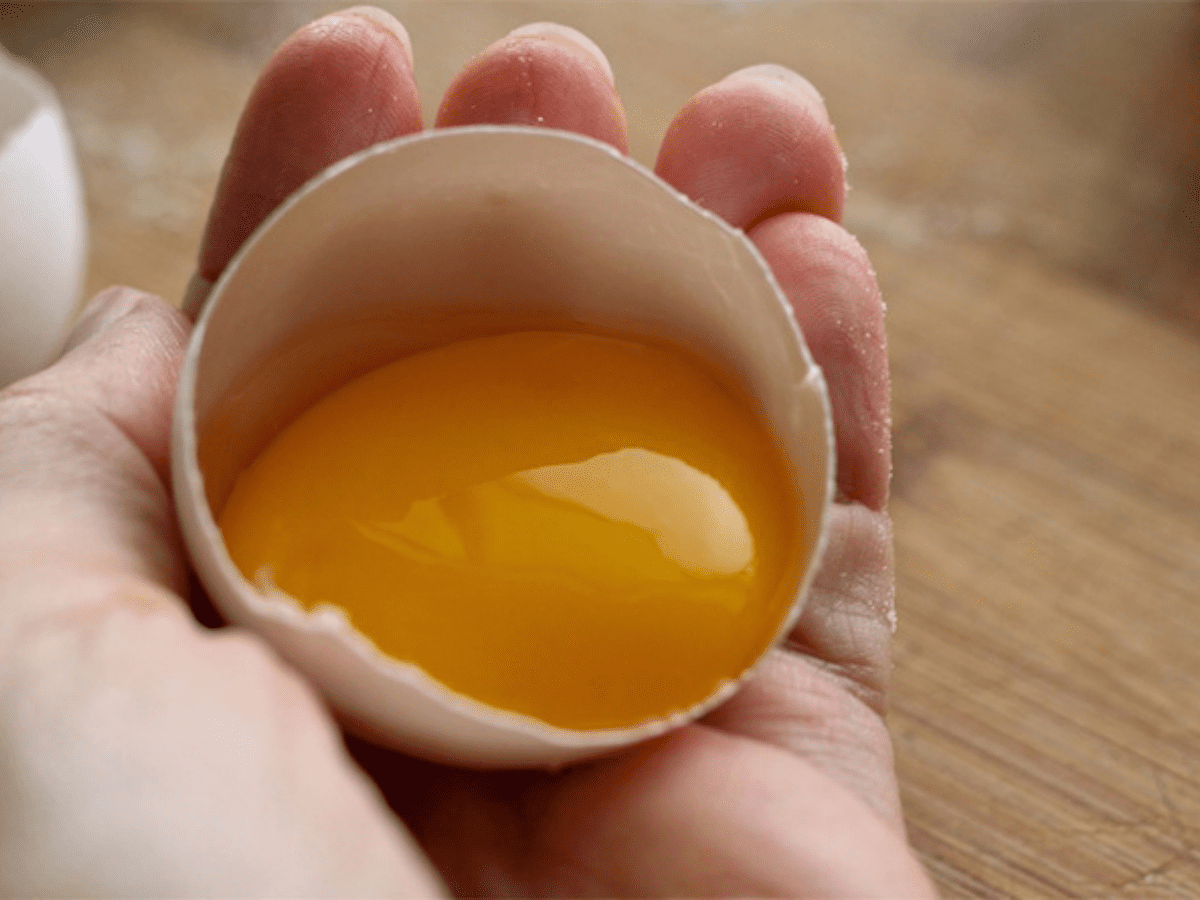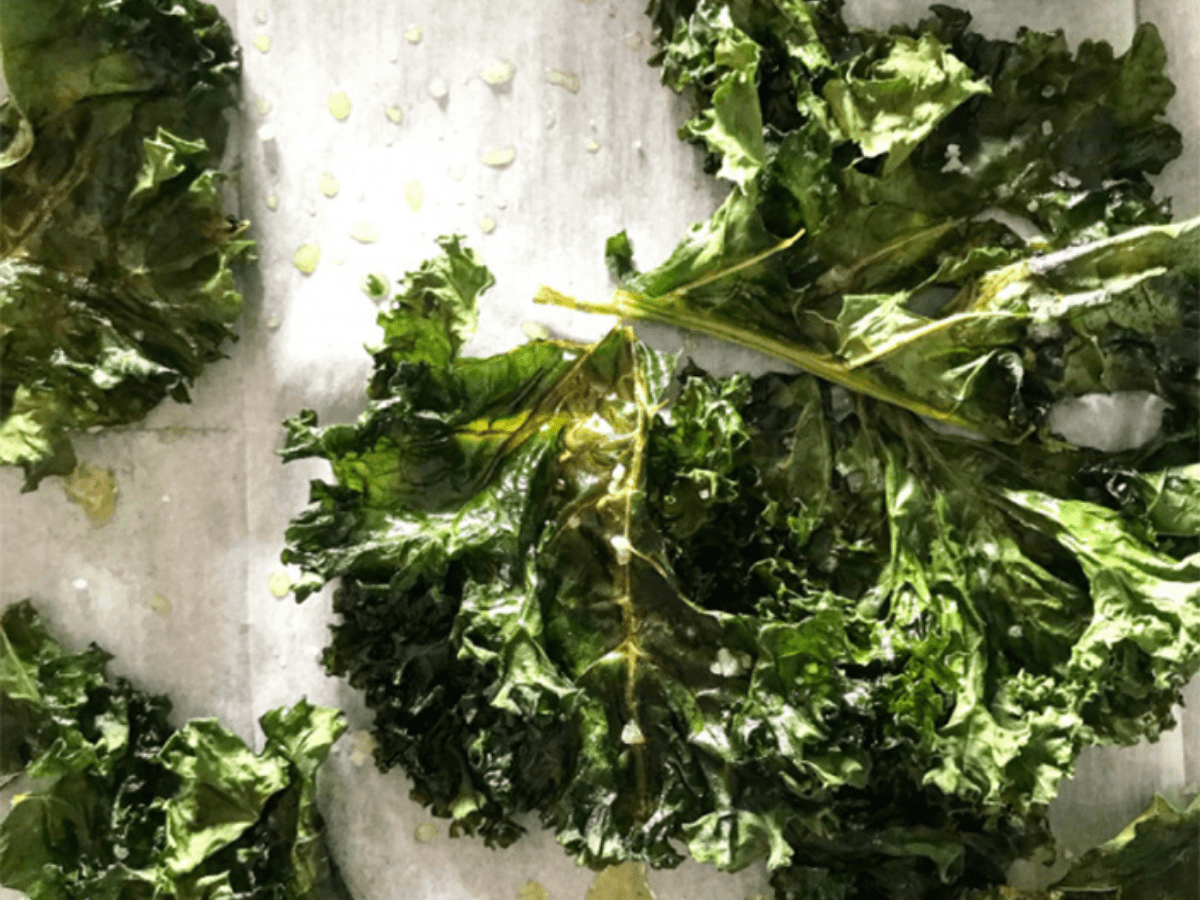
The Benefits of Lutein for the Eyes, Brain and Heart
Lutein and its relative, zeaxanthin, are powerful macular carotenoids known for their protective eye health properties. The carotenoids are a natural compound found in dark green leafy vegetables and, like vitamins, can't be produced by the body. Recent studies show that the health benefits of lutein also extend to support the cardiovascular and cognitive systems.
The Eyes
The high-energy blue light produced by electronic devices can penetrate the retina, the inner lining at the back of the eye, and damage the cells. Long term exposure to blue light can severely increase the risk of macular degeneration and cataracts, while short term effects include eye strain, fatigue and disrupted sleep patterns.
Lutein and zeaxanthin are strong antioxidants for the eye and is concentrated three times higher in the retinal sensory cell membranes than any other tissue. The carotenoids can be found naturally in breast milk and baby formula fortified with lutein which helps regulate blood flow to the retina in infants.
The macula and retina region of the eye is responsible for vision performance and provide support for macula pigment density hence for protection from light-induced oxidative damage. The pigment acts as a guard for the body against free radicals which are unstable molecules that can destroy cells and cause diseases. Lutein and zeaxanthin accumulate in the macula to protect the sensitive photoreceptors from oxidative stresses by blocking blue light from reaching the retina which in turn helps to reduce inflammation. It can also help with short term eye strain by reducing the glare recovered from light and supporting the eye's contrast sensitivity.
Research published by the Archives of Ophthalmology shows that women with diets containing high levels of lutein and zeaxanthin have a lower risk of developing eye problems than women whose diet does not contain these macular carotenoids. Our daily exposure to digital screens means that eye health should no longer be a concern limited to the elderly population with more and more younger people presenting with serious eye health concerns.
The Brain
The retina is a direct extension of the brain so it is no surprise that lutein and zeaxanthin can also support healthy brain functioning. Lutein and zeaxanthin are classed under a subgroup of carotenoids named xanthophylls, which are dominant in all major areas of the brain.
A study from 2018 showed that the two carotenoids can improve cognitive functioning by enhancing the quality of brain blood flow, while two other placebo-controlled trials found that in one, it improved memory and attention in young subjects and the other showed improved attention and cognitive flexibility in aging subjects. Another study showed that the pigment density in the retina cells positively correlated with favourable academic performance in school children, associating the link between the eyes and the brain.
For healthy elderly patients, taking lutein and zeaxanthin supplements can shield the brain against the effects of aging on their cognitive performance and improve brain blood flow to areas of the brain that supports cognitive function. Its powerful contribution to the brain also includes decreasing psychological stress and cortisol levels, while improving emotional and physical health. The benefits of lutein and zeaxanthin in the adult brain still come into effect even when started later in life, which indicates it is never too late to start considering brain health.
Egg yolks are rich in lutein.
The Heart
New research on lutein and zeaxanthin show that their antioxidant properties can also improve the cardiovascular system and reduce the risk of developing heart disease.
In a three-part study into the effects of lutein on atherosclerosis in neck arteries, researchers found that the layers treated with lutein had a lower chance of attracting monocytes, white blood cells which can lead to low-density lipoprotein, also known as "bad" cholesterol. This is also supported by a study in the journal Atherosclerosis which found that subjects with stiffness in their neck arteries had lower levels of lutein. The researchers suggested that increasing lutein intake may decrease the chances of developing early atherosclerosis and cardiovascular disease.
A study conducted by Linköping University in Sweden found that only lutein, out of the several carotenoids researchers studied, had an effect on inflammation, with higher lutein levels linked to lower inflammation levels. The benefits of lutein for the eye, such as reducing oxidative stress and inflammation, corresponds with the heart as it may reduce the onset of cardiometabolic diseases such as heart disease and stroke.
Kale is rich in lutein.
Lutein enrichment can be obtained from a variety of sources. Foods rich in lutein include kale, broccoli, spinach, egg yolk, romaine lettuce and corn, and are best absorbed into the body when consumed with healthy fats such as olive oil and avocado. The average adult's dietary intake is frequently inadequate to meet the recommended levels of lutein intake. For such cases, the carotenoid can be taken as a vitamin supplement.
If you enjoyed reading this blog, consider joining our mailing list to ensure you are up to date with the latest health and complementary medicine news and information.
Lipa's Eye Health supplement contains both Lutein and zeaxanthin and helps improve Macular health and provide vision support.
By accepting you will be accessing a service provided by a third-party external to https://www.lipa.com.au/







